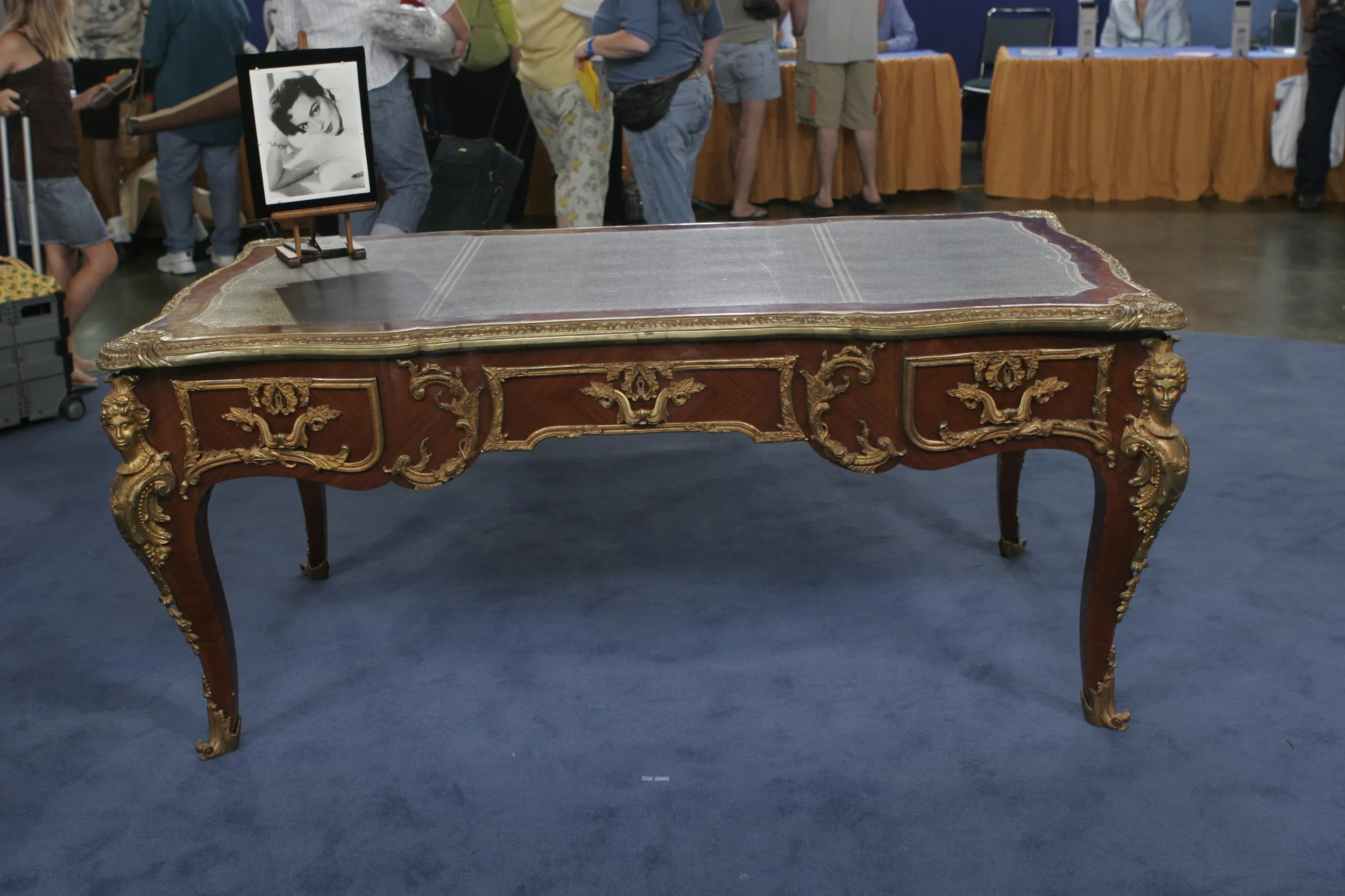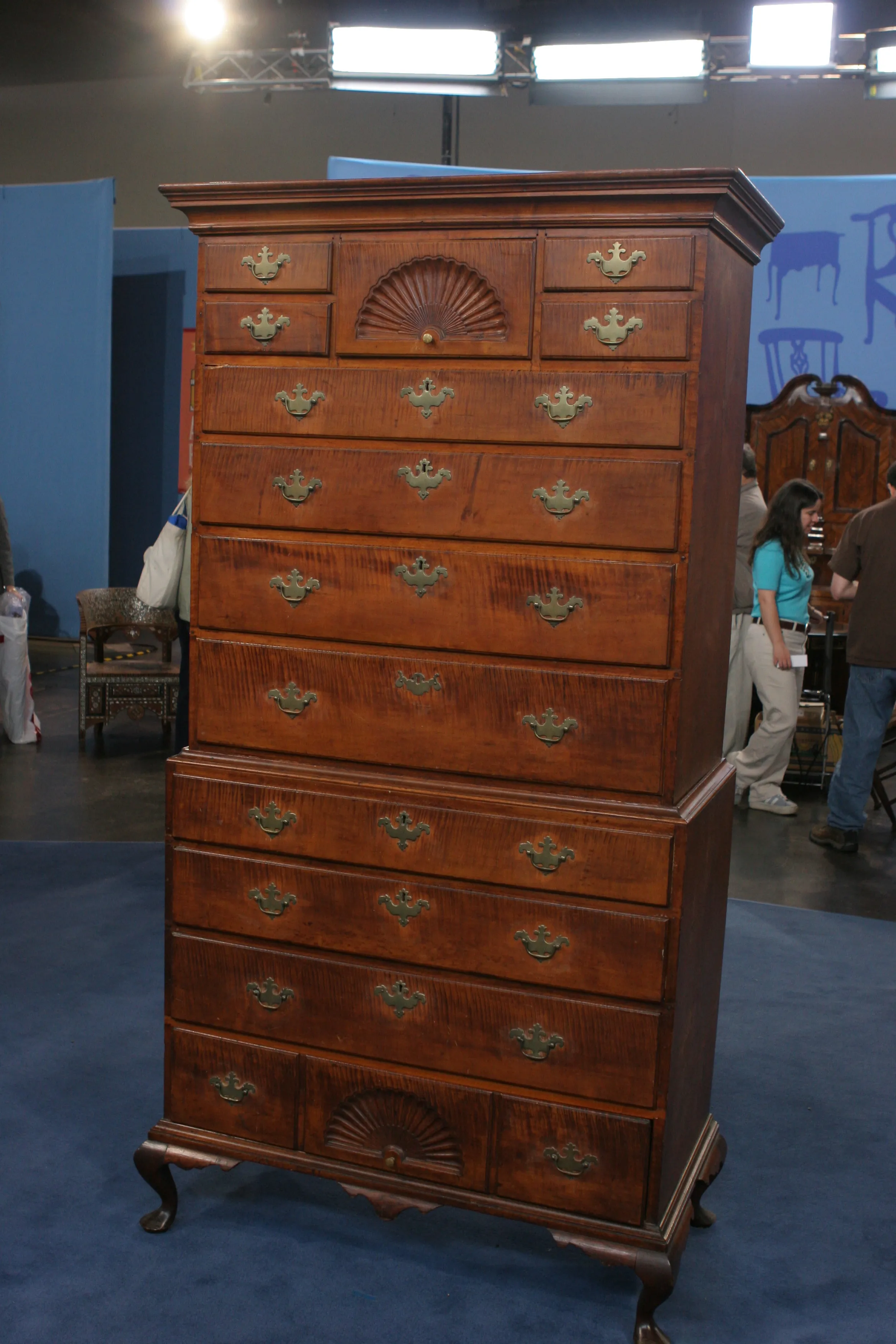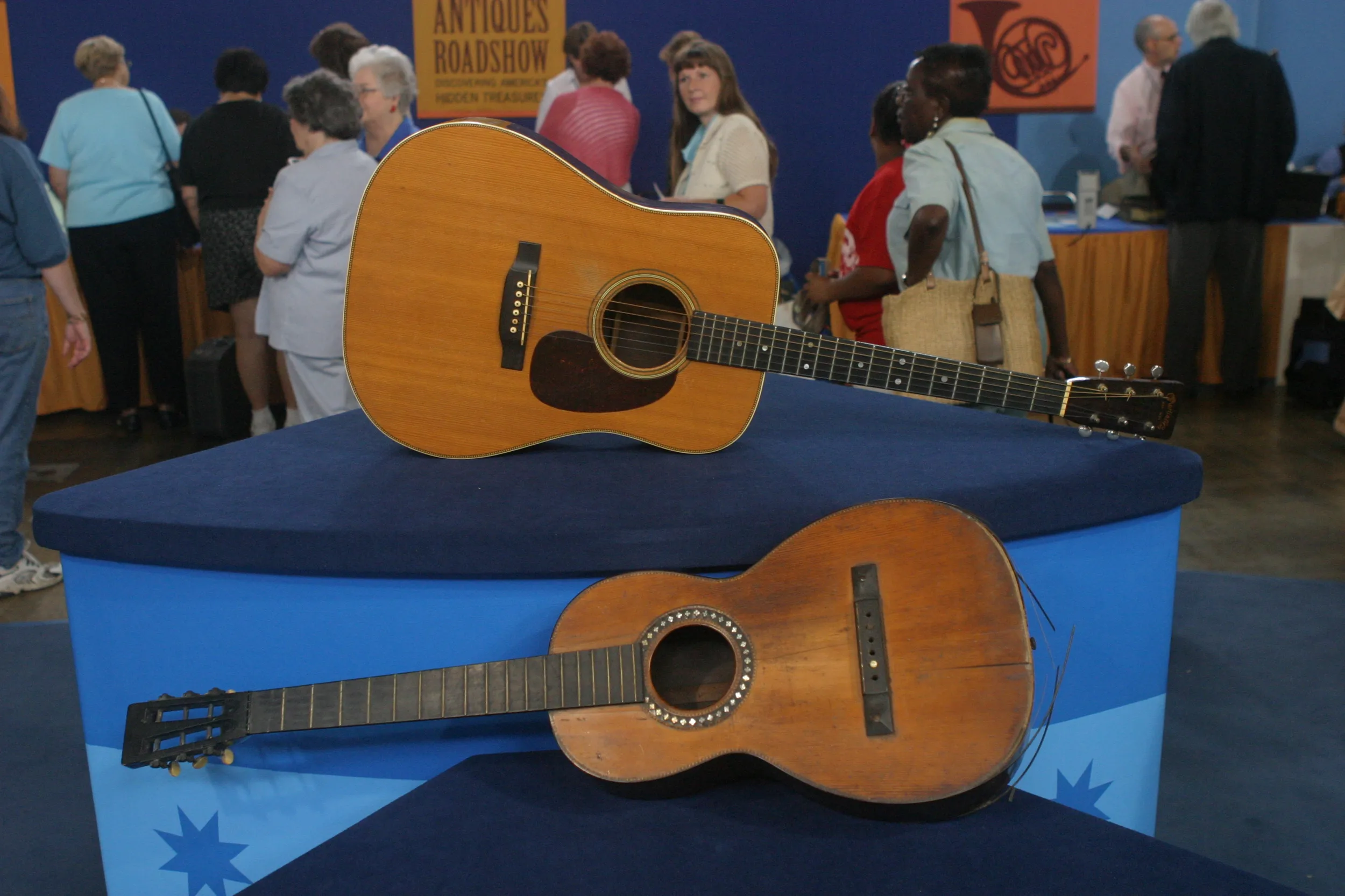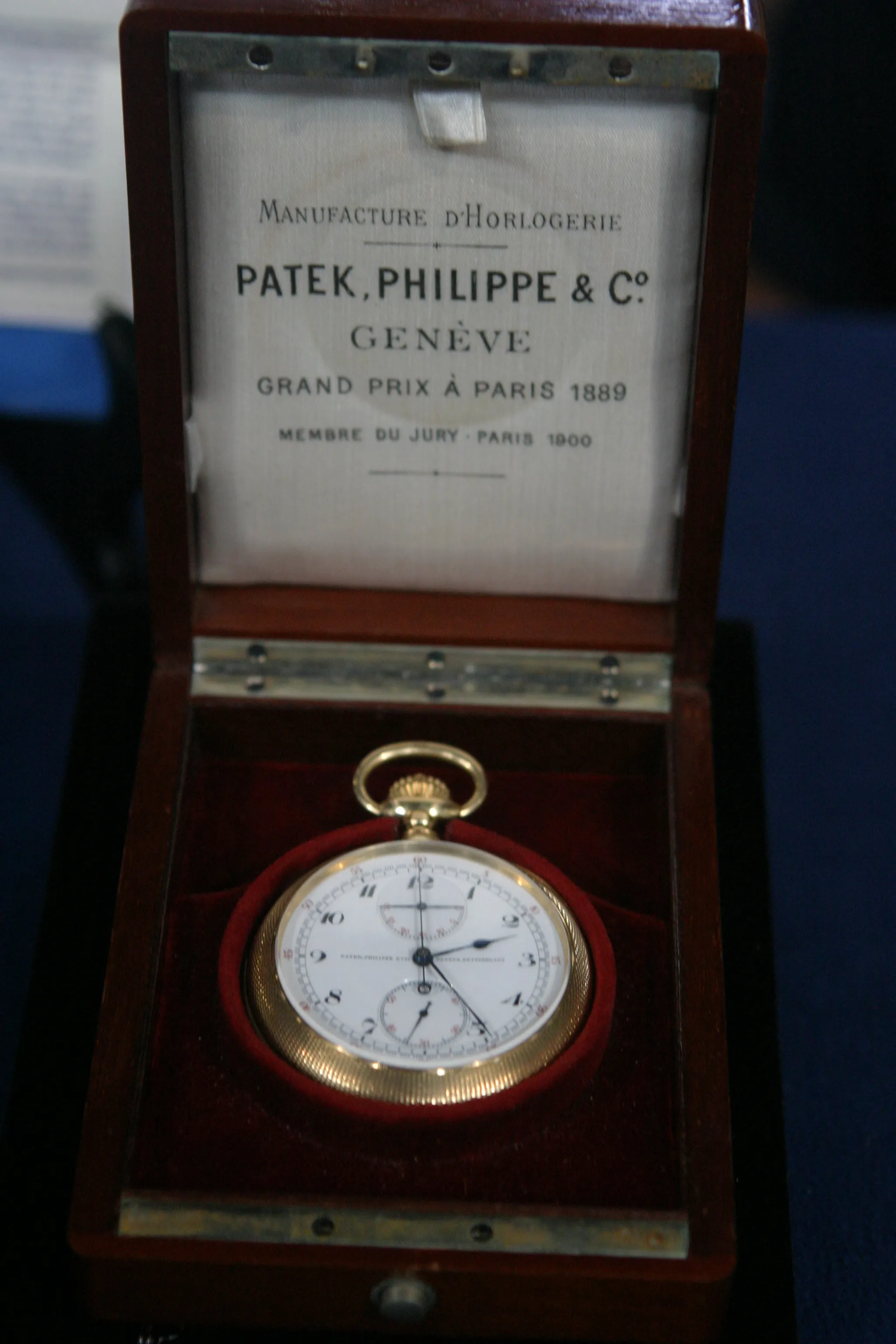GUEST: This is a zither. It's a German instrument. My grandfather always would play the zither when we were children to go visit him.
APPRAISER: Mm-hmm. It is a zither. And a zither is a sort of generic term that we use for any sort of multi-stringed instrument where the sounding chamber and the sounding board, along with the strings, are all one piece. And they are pan-cultural. We find zithers, though in different shapes, from Africa, from Asia, across Europe, and this is referred to as the Alpine form, mass-produced in Germany, but then later in the United States in the late 19th century and early 20th, by any number of manufacturers there, the most famous being a fellow by the name of Oscar Schmidt, who was in Hoboken, New Jersey. I see, on the ROADSHOW, hundreds upon hundreds of these. The value of a musical instrument is often based on its usage, how many people play them. No one plays zithers anymore, so thusly, they're not worth much. This one is truly magnificent. It's in great, great shape. Wonderful mother of pearl, great marquetry and inlay carving around it, and you have kept it in magnificent condition. I notice inside all the tuning mechanisms. Here's the tuning hammer. This is a wonderful silver-plated and ivory handle. Also tuning forks, all the rest, and it's all here. You've kept this piece of family history intact.
GUEST: Yes, this is exactly like I saw Grandpa play it. The pictures here, by the way, this is Grandpa at about 75 years old or so.
APPRAISER: Right, I love the group here of these musicians playing. This being one of the nicer ones I've seen, and I'm going to say in the marketplace, find it the right buyer who's a player for this, they would probably pay between $800 and $1,200. Not a great amount of money but it's the finest one I've ever seen.
GUEST: Oh.
APPRAISER: And I want to thank you so much for bringing it in today.
GUEST: Great, well, thank you very much.
APPRAISER: Thank you.
GUEST: It's been a great stay.
APPRAISER: Cheers.











